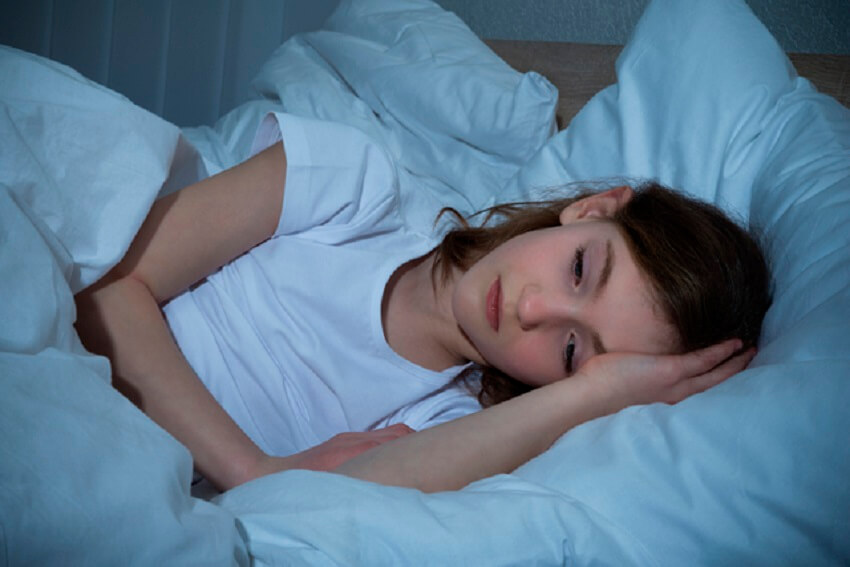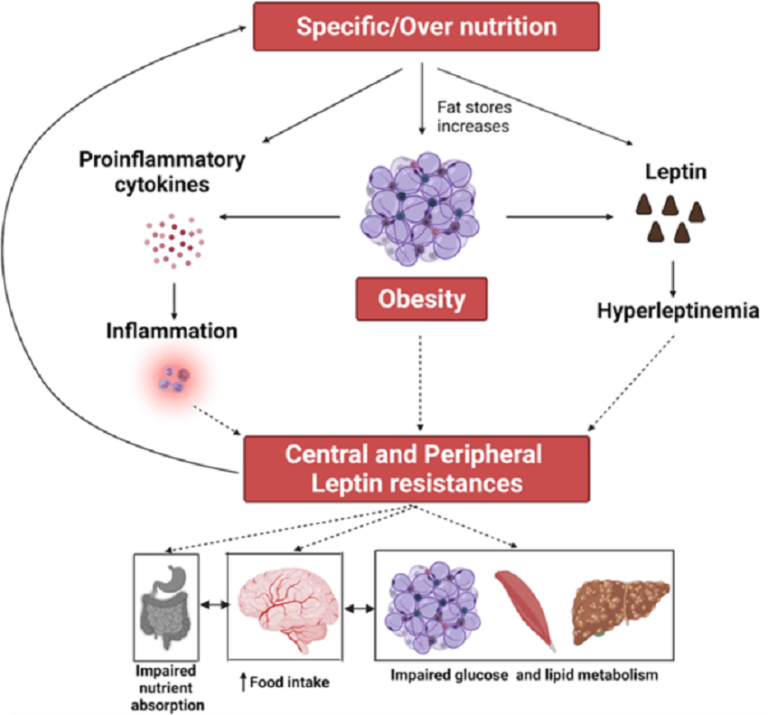Insomnia is one of the most annoying and uncomfortable disorders that exist and knowing what its causes are is the first step to combating it.
Having insomnia frequently has severe consequences for the body. Tossing and turning in bed is annoying, but it can also deteriorate the health of your body.
This article analyzes the causes of insomnia, its consequences, and what tricks you can do to combat it.
What is insomnia?
Insomnia is a sleep disorder that makes it impossible for a person to rest. Insomnia occurs when the nervous system has great difficulty falling asleep.
Chronic insomnia is related to stress and can have severe consequences for the body. One of them is weight gain and memory damage.
Insomnia causes a person to become slower or more nervous during the day. Psychologists consider that insomnia is one of the leading causes of anxiety; attacking its causes is the first step to eradicating it.
Causes of insomnia
The causes of insomnia are closely related to altered levels of the stress hormone cortisol. This hormone makes a person alert and tells the brain that it is not time to sleep.
If you want to avoid insomnia, forget about the use of alcohol, excess caffeine, and being stressed. In addition, when a person suffers substantial emotional impacts, chronic insomnia can appear. The leading causes of insomnia are:
- Poor posture when sleeping
- Use of electronic devices
- Changes in routine schedules
- Stress situations (work, family)
- Jetlag or long hours of travel
- Sleeping with pets or light on
- Excessive alcohol and caffeine consumption
Consequences of insomnia
The main consequence of insomnia is memory impairment and metabolic disorders – overweight and obesity. Also, insomnia affects serotonin levels in the body, making you constantly feel moody or sad.
When you sleep poorly, your metabolism gradually deteriorates. The body does not have enough time to clean free radicals that occur throughout the day, and oxidative processes in the body increase. This can wreak havoc on the body. The main consequences of insomnia are:
- Increased body weight
- Chronic stress
- Increased risk of anxiety and depression
- Humor changes
- General deterioration of the body
Insomnia and melatonin
The melatonin, also called sleep hormone, is the most critical element that has the body to give the order to fall asleep.
People with insomnia often have problems with the levels of this hormone. In other words, low melatonin is one of the causes of insomnia.
Taking melatonin tablets has little effect on sleep but may be preferable to hypnotics.
Evidence suggests that melatonin is helpful for adults who have trouble sleeping due to changes or difficulties establishing a circadian rhythm, such as shift workers, people with jet lag, circadian rhythm disorders, or visual impairment. (5.6)
In patients with chronic insomnia, melatonin has minor effects on sleep. These are a seven-minute reduction in sleep latency and an eight-minute increase in total sleep time.
Melatonin is not as effective as a hypnotic, but it may be preferable for patients taking other medications, as it is low in side effects and contraindications.
Tricks to combat insomnia
To treat insomnia, it is not always necessary to take hypnotics. Changing some habits and adjusting the routine may be enough to combat them.
The causes of insomnia are associated with a particular lifestyle. Changing them is essential to avoid the consequences of insomnia.
Here are seven tricks to combat insomnia:
- Limit caffeine intake
Excessive consumption of coffee and caffeinated beverages (tea, black, and green Coca-Cola) deregulates sleep and makes the dream superficial. If you are on a run of bad nights, the first thing to do is start limiting your caffeine consumption.
- Do not use electronic devices.
The screens of electronic devices (TV, tablet, mobile phone) emit a bluish-white light, whose spectrum is similar to daylight. That light forces the brain to think that you are in the middle of the day and it is not time to sleep. (1) Putting your phone aside at least 120 minutes before going to bed is one of the most effective tricks to combat insomnia.
- Change the light bulbs.
Fluorescent lamps (icy light ones) can alter the body’s biorhythms. Lighting at night should be as warm as possible. To avoid the consequences of insomnia, change the white light bulbs for yellowish tones.
- Wear a sleep mask and earplugs
Noise and light are typical causes of insomnia. You can use earplugs and a special mask that does not transmit light to combat them. However, we do not recommend skimping on the price. Cheap earplugs and covers are of little use, being worse than wearing nothing.
- Listen to a storm in the background.
We have all experienced the pleasant sound of rain or the thunder of a thunderstorm to sleep. However, you do not always have the chance to coordinate the time to avoid insomnia. What is possible is to listen to nature with a simple audio device; for that, we include a video at the end of the article. Although it may sound absurd, it is one of the tricks for insomnia that never fails.
- Eat a serving of casein before bed.
Eating 30-40g of protein 30 minutes before bed can help induce sleep. Consuming a serving of dairy proteins such as casein is a nutritional trick to combat insomnia. (3,4)
- Don’t sleep with your pets
If you have pets, try to get them to sleep on the side of your bed, the random movements will not allow your neurons to relax.
Does showering help fight insomnia?
Taking a warm shower just before bed is an alternative to combat insomnia.
A study has confirmed that sleep is an effective therapy to make a person sleep soundly. (2)
On the contrary, taking a contrast shower can make you wake up even more. Taking a warm, relaxing bath can be an effective strategy to avoid insomnia.
ABSTRACT
- Insomnia is a sleep disorder that makes a person unable to fall asleep as they should.
- The causes of insomnia are electronic devices, stressful situations, and jetlag.
- The consequences of insomnia are increased body weight, increased risk of anxiety – depression, and mood swings.
- Some tricks to combat insomnia are limiting electronic devices, reducing the amount of caffeine, taking melatonin, and listening to a storm in the background.







